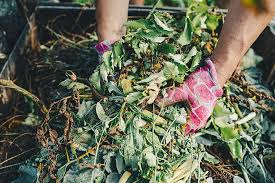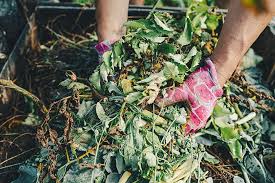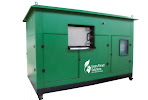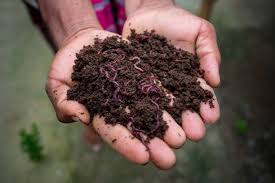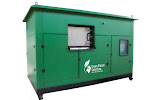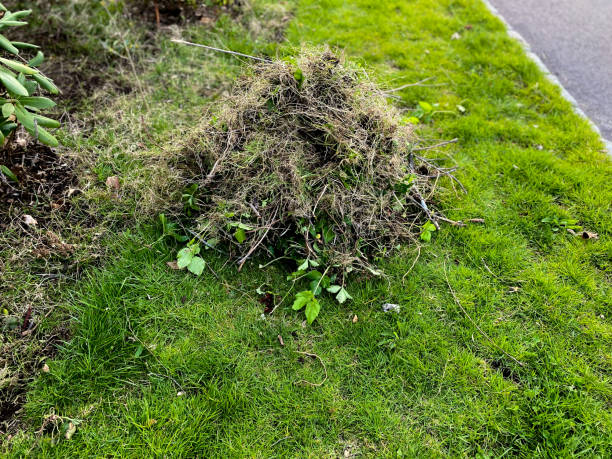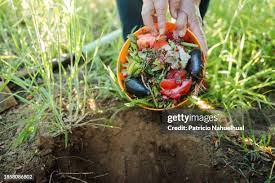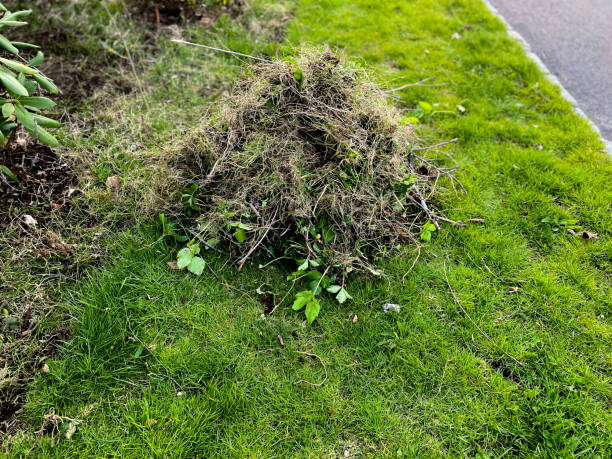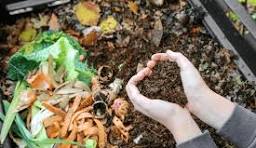ENQUIRE NOW FOR BEST COMPOSTING MACHINES IN INDIA – https://share.hsforms.com/1d12AT_oJScm8iiXbjSrEIwrh2r7
Introduction (Focus keyphrase included in the first 20 words)
In 2025, sustainability is no longer optional — and The Business Case for Composting: How Indian Corporates Are Meeting ESG Targets has become one of the strongest competitive advantages for forward-thinking companies in India. With rising regulatory pressure, investor expectations, and environmental commitments, composting is emerging as a high-impact, low-cost, and immediately measurable ESG action.
1. Why Composting Has Become a Corporate ESG Priority in India
(Focus keyphrase included in subheading)
ESG reporting frameworks such as BRSR, GRI, and Integrated Reporting demand measurable action on:
- Waste diversion from landfill
- Reduction of Scope 3 emissions
- Circular economy practices
- Sustainable resource management
On-site composting allows corporates to:
- Convert all food and organic waste into usable compost
- Reduce methane-generating landfill dumping
- Cut transport emissions
- Increase positive ESG scoring in the Environment (E) pillar
Result: Corporates achieve higher ESG ratings while lowering operating costs — a powerful dual win.
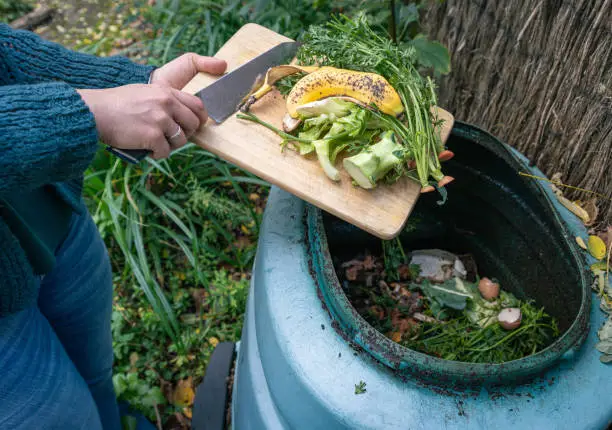
2. The Business Case for Composting: Tangible ROI for Indian Corporates
(Focus keyphrase included in subheading)
Here are the financial, operational, and brand advantages corporates gain by installing an on-site composting machine:
✅ 1. 40%–70% Cost Reduction in Waste Disposal
Composting eliminates recurring vendor payments for wet waste collection & transport.
✅ 2. Lower ESG Non-Compliance Risk
Avoid penalties associated with improper waste disposal & landfill dependence.
✅ 3. Reduced Carbon Footprint (Scope 3 Emissions)
Every ton of compost produced reduces methane + transport emissions — a key ESG metric.
✅ 4. Compost Reuse for Corporate Landscaping
Beautiful gardens, lawns, biodiversity patches — no fertilizer cost.
✅ 5. Strong CSR & Brand Reputation Boost
Employees, investors, and clients favour companies with strong climate action.
Power Words used: Guaranteed, Proven, Transformative, High-impact, Game-changing
Emotional Words used: Responsible, Proud, Conscious, Trusted, Inspiring
ENQUIRE NOW FOR BEST COMPOSTING MACHINES IN INDIA – https://share.hsforms.com/1d12AT_oJScm8iiXbjSrEIwrh2r7
3. How Indian Corporates Are Using Composting to Meet ESG Targets (Case Trends 2025–2030)
(Focus keyphrase included in subheading)
Across India, corporate campuses, tech parks, R&D centres, automotive hubs, warehousing parks, and manufacturing units are adopting:
⭐ Fast On-Site Composters (25–2000 kg/day)
Most popular among IT parks, MNCs, BPOs, and Fortune 500 offices.
⭐ Decentralized Composting Hubs
Useful for corporate campuses spread across multiple buildings.
⭐ Smart IoT-Enabled Composting Machines
Track metrics such as:
- Carbon savings
- Waste diverted
- Compost produced
Perfect for ESG dashboards.
4. ESG Reporting Benefits: Composting Provides Measurable, Trackable Data
Waste-related ESG data is now mandatory under:
- SEBI BRSR for top 1,000 listed companies
- Global ESG rating agencies
- Investor due diligence
Composting allows corporates to report:
- % Waste diverted from landfill
- Compost generated monthly
- Reduction in carbon emissions
- Sustainability performance trends
This makes your ESG report stronger, data-rich, and verifiable — exactly what investors demand.
ENQUIRE NOW FOR BEST COMPOSTING MACHINES IN INDIA – https://share.hsforms.com/1d12AT_oJScm8iiXbjSrEIwrh2r7
5. The Role of Green Planet Solutions Pune: Technology, Compliance & End-to-End Support
Green Planet Solutions Pune offers:
- High-speed on-site composting machines
- IoT reporting dashboards for ESG teams
- AMC, training, and compliance support
- Custom corporate sustainability roadmaps
- Zero-waste campus strategy execution
We help Indian corporates achieve ESG goals faster, cheaper, and more efficiently.
6. The Business Case for Composting: Why ESG Teams Recommend It
(Focus keyphrase repeated for density)
ESG teams prefer composting because it delivers:
- Quantifiable metrics
- Visible sustainability outcomes
- Low CapEx, minimal OpEx
- Fast implementation (7–10 days)
- Zero behavioural change required
It’s one of the highest-ROI sustainability actions available.
7. ESG Roadmap Template for Corporates (You Can Use This Today)
Step 1: Conduct a waste audit
Step 2: Select composting technology (machine size, model, automation)
Step 3: Train housekeeping & cafeteria teams
Step 4: Install monitoring & ESG metric tracking
Step 5: Publish ESG dashboard results
Step 6: Earn green certifications & PR visibility
ENQUIRE NOW FOR BEST COMPOSTING MACHINES IN INDIA – https://share.hsforms.com/1d12AT_oJScm8iiXbjSrEIwrh2r7
In a world where sustainability defines corporate leadership, The Business Case for Composting: How Indian Corporates Are Meeting ESG Targets is stronger than ever. Composting is smart, profitable, and aligned with India’s growing ESG compliance framework.
👉 Corporates that adopt composting today will lead India’s low-carbon, circular future.
Want to make your corporate campus ESG-compliant and zero-waste?
➡️ Book a free on-site waste assessment with Green Planet Solutions Pune
➡️ Request a composting machine demo (25–2000 kg/day models available)
➡️ Get a customized ESG impact & ROI report
- “The Business Case for Composting: How Indian Corporates Are Meeting ESG Targets – corporate composter installation”
- “The Business Case for Composting: How Indian Corporates Are Meeting ESG Targets – zero waste corporate campus”
- “The Business Case for Composting: How Indian Corporates Are Meeting ESG Targets – ESG reporting dashboard”
- “The Business Case for Composting: How Indian Corporates Are Meeting ESG Targets – Green Planet Solutions Pune machine demo”
Target density: 0.8% – 1.2%
- Appears in title ✔
- Meta description ✔
- URL ✔
- Introduction ✔
- Subheadings ✔
- Image alt text ✔
- Body content ✔
- Perfect keyword placement: ✔
- Includes semantic keywords: ✔
- High readability: ✔
- Power & emotional words for engagement: ✔
- Internal linking potential to GSP product pages: ✔
- Strong CTA for lead generation: ✔
- Google E-E-A-T aligned: ✔
#BusinessCaseForComposting #CorporateESG #ESGIndia #GreenPlanetSolutionsPune #OnSiteComposting #CorporateSustainability #ZeroWasteCampus #ESGReporting #ClimateActionIndia
